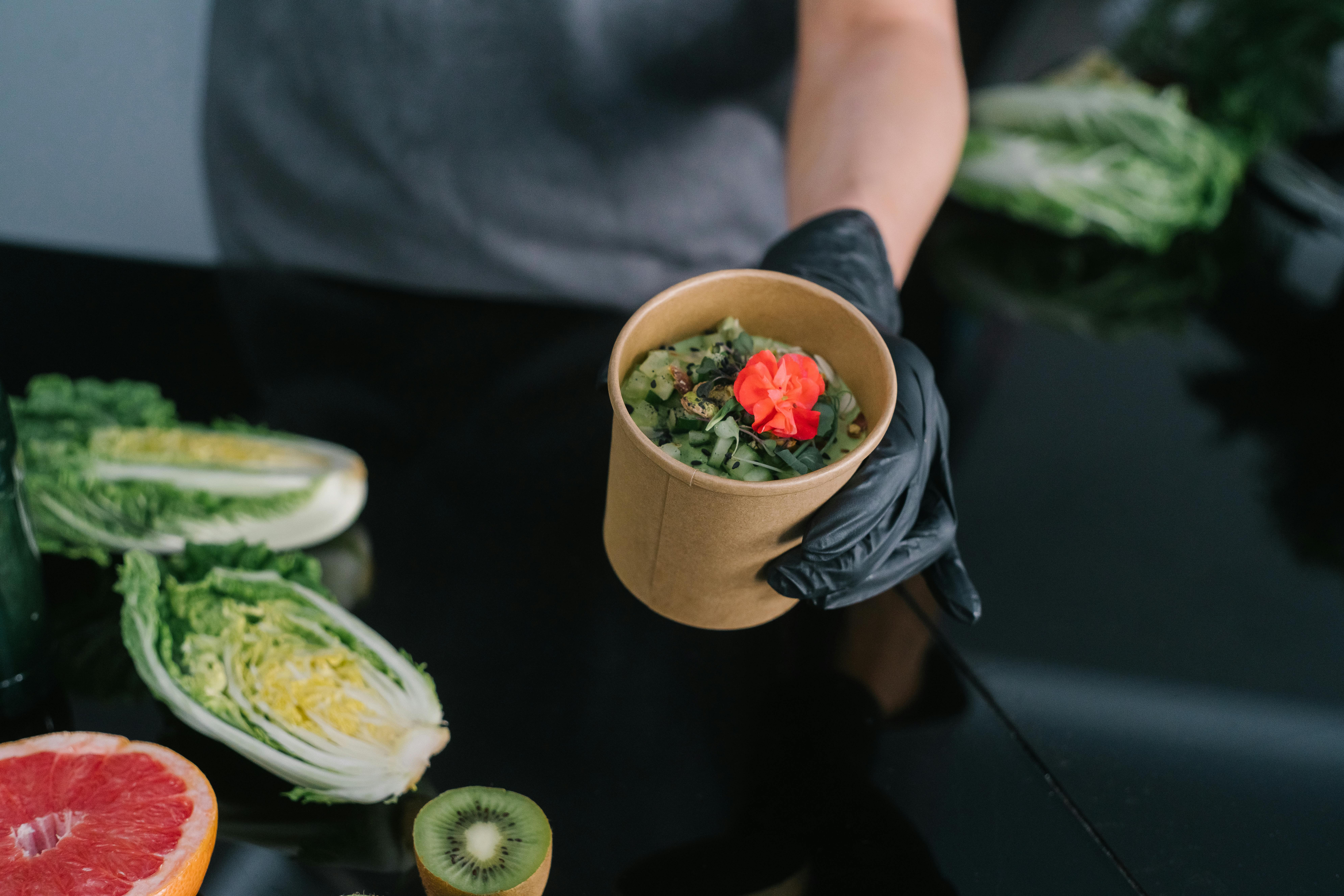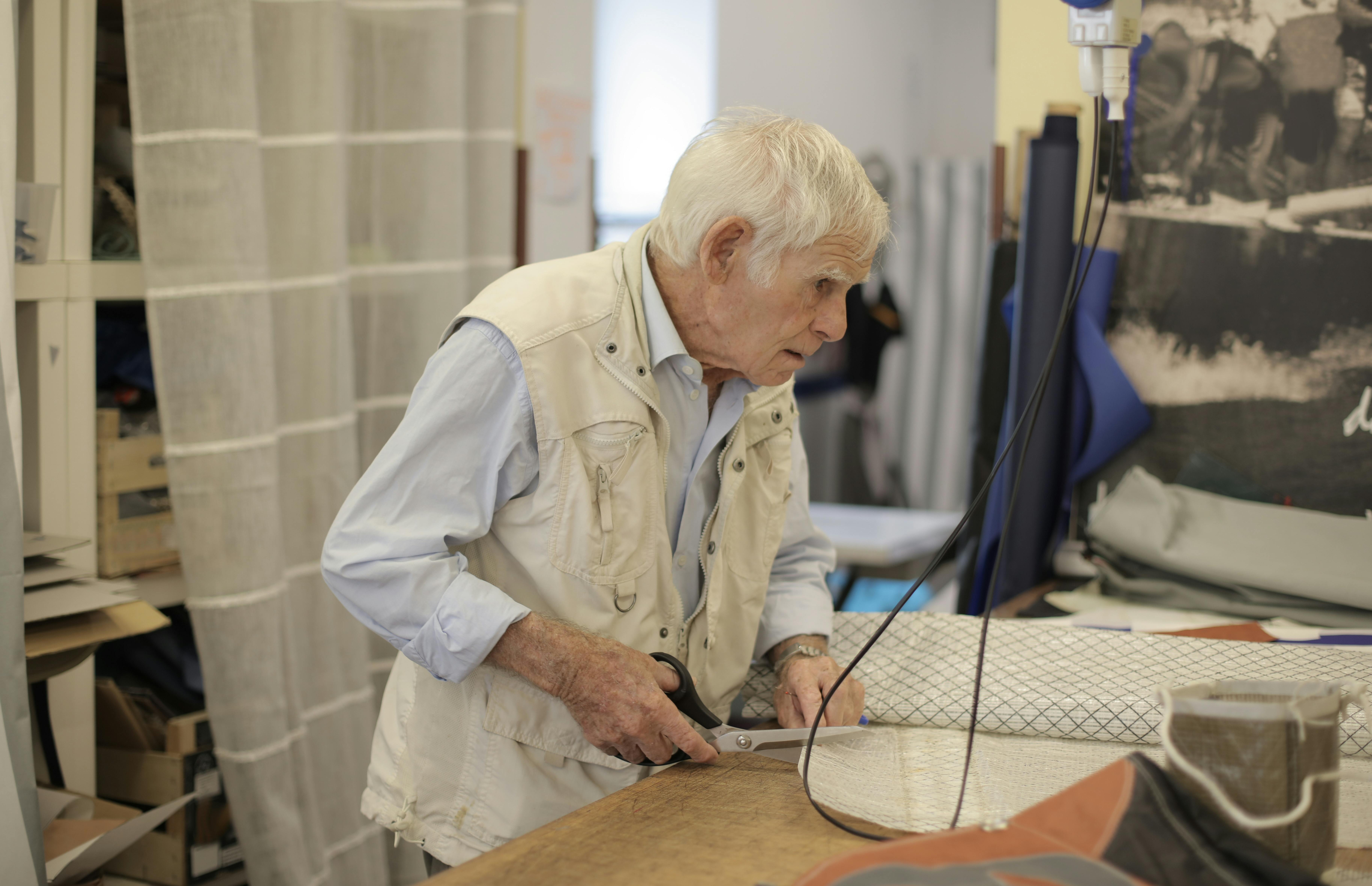Last week I went with my wife “Julie” to see the movie “Julie and Julia” at a theater in the Chicago area. The film stars Meryl Streep as legendary TV chef Julia Child and Amy Adams as foodie blogger-turned-author Julie Powell. In a nutshell, the film follows Julie’s growing success as she blogs every recipe from the Mastering the Art of French Cooking cookbook written by Julia Child and associates. The story of blogger extraordinaire Julie Powell is juxtaposed against biographical flashbacks to Julia Child’s life in France as she explores her love of cooking and tackles the seemingly never-ending task of writing a comprehensive cookbook aimed at teaching stay-at-home moms. average Americans the art of French-style cooking. .
I enjoyed this movie as much as the next guy. In fact, the multiplex was almost full. I was impressed to see that it seemed to attract quite a diverse group of people. The male/female ratio was roughly 50/50, skewing somewhat toward the female demographic, including pre-teen and teen girls who were apparently there with their parents or grandparents. For the purposes of this article, I will limit my review to this. A thoroughly enjoyable movie, particularly for those interested in food, or Julia Child, punctuated by what is likely to be another performance from Oscar-nominated Ms. Streep. Amy Adams was completely attractive and adorable as Julie Powell and kudos to Stanley Tucci who made the small role of Julia’s husband Paul sensitive, memorable and funny.
Now what I really want to talk about is the business lessons that could be derived from this film as it explores these two successful women. The bottom line that we all know is that Julia Child lived a long life and is remembered as a successful television teacher of French cooking. Julie Powell, as we now know, is a celebrated author and blogger whose business background has just turned into a huge movie with a world-class cast. Wow, wouldn’t you like to say that? Did any of these accomplishments just happen by lucky accident? What makes you or me different? That is what I want to comment on.
The right content delivered by the right medium at the right time. Both Julie and Julie were information sellers. None of them produced a product per se. Yes, they may offer a book, a TV show, or a blog, but those are the vehicles that make the intangible tangible. The actual product is the message or information. In fact, the entertainment they provided.
For both Julie and Julia it was a question of whether anyone was interested in what they had to share. For Julie Powell, who was an aspiring writer with nothing to write about and no editor or literary agent, writing a blog seems to have been the right idea. Unlike traditional publishing, blogging is timely and does not require anyone’s permission. You just put yourself out there. Many of us have done that or are doing it with perhaps less success than Julie, but that’s what we want to explore. For now, the message is that blogging seemed like the right medium at the right time. Also, I would suggest that blogging about food was also the right topic at the right time. Television today is inundated with home improvement, fashion, and food shows. This is a trend that has been developing for several years. Julie started her draft at the start of the turn and was able to take it all the way to the zenith.
As for Julia Child, she too was in the right place at the right time. She began her culinary career in France with her husband, who was in the foreign service. What better place to learn French cooking than in France. I am sure that the fact that she studied and lived there gave her credibility to her American readers, editors, producers and audience. Plus, she was teaching French cooking just after World War II when a large part of the American population had recently completed an all-expenses-paid tour of Europe courtesy of her Uncle Sam. This experience broadened palates and created a willing and eager market to try new things. kitchens and explore new cooking techniques. This was reinforced by an era that celebrated the stay at home mom as a professional. Dad went to the office and mom became the general manager of home arts. American companies were producing record amounts of durable goods like stoves, refrigerators, microwaves, and all sorts of labor-saving convenience products and appliances for the home chef as postwar production ramped up to meet the demand of growing American families. . Saving labor meant more time exploring more complicated recipes and cooking techniques. And you don’t want to cook the same old stuff in your fancy new equipment. New appliances required new things to cook. Finally, Julia ran headlong into the television generation. Talk about being in the right place at the right time. Television in the early days, like blogging today, had a comparatively low barrier to entry. Yes, you needed expensive streaming equipment, but those with the equipment needed content even more. If you had experience, there were stations willing to give you a try. Since no one had television experience, the playing field was level. It seems like the right content at the right time, using the right delivery medium is a key to successful information sales.
Creativity is not the only path to success. One thing that stood out to me in this movie is that Julie and Julia found success by doing quite simple things. Julia Child’s success was essentially based on interpreting French cuisine, previously considered complex and out of reach for the average home cook. She did not invent a new way of cooking. She didn’t necessarily invent new recipes or techniques. She took something that already existed and used her communication skills to explain it to a new audience. In fact, Julia’s mission was to write a book for women who didn’t have domestic help. She did this by first writing a French cookbook in English presented at a level that was within the reach of the average housewife. This was the information that she learned at the Cordon Blu Cooking School and from her collaborators on her book. Julia later went a step further by reinterpreting her cookbook for a television audience, showing them step by step how to make the perfect Duck L’Orange or Veal Burgenion. Personally, I have relied on Julia’s crepe recipe for years and she patiently taught me on public television how to make a perfect omelette. Julia didn’t invent the omelette, she perfected the art of communicating how to cook an omelette.
Julie Powell did the exact same thing. Julie took what Julia had written and reinterpreted it for another audience. Julie made Julia accessible to a new generation by communicating with them using today’s medium of choice: a blog. She did not write a novel. She did not invent anything new. What she did was take her readers by the hand of her figuratively every day on a journey with her through Julia Child’s cookbook. She did what many people would like to do: cook all the recipes in a cookbook and see how they tasted. Experience the thrill of combining ingredients until they take on new characteristics and merge into a unique culinary identity. She did this consistently and passionately. Julie invested her time and used her communication skills so that her readers could vicariously experience how to “murder a lobster”. Perhaps some were inspired to try a recipe and related techniques, but for many it was enough to witness the journey.
Passion arouses inspiration and results in inspiration. It seems that one’s passion is not always apparent to an individual. Both Julie and Julia were inspired by passion. Curiously for Julia, cooking was not a lifelong love. The film sidesteps the fact that she liked to eat, but cooking came later in her life. She was 37 when she enrolled at the Cordon Blu school in Paris, much to the dismay of the school principal, who did not encourage her. Her path thereafter was arduous. It was practically unsuccessful for a long time. Her cookbook took years of work, was beaten up on a manual typewriter, and was initially rejected by the publisher who had promised to publish it because it was too long. It was eventually published and enjoyed moderate success. Ironically, it finally made it to the New York Times Best Seller list in August 2009, some five years after Julia’s death and almost 50 years after it was introduced. What seems like an overnight success rarely is. Julia was in her fifties when she began her television career. But she found something she loved, something she was good at, and something she passionately wanted to share with others.
Julie Powell’s passion was writing, but she had no idea what to write about. Her passion for writing combined with Julia Child’s passion for French cooking created an inspiration. What is also evident in this film is the fact that you cannot succeed with passion alone. Success requires hard work and perseverance. Julia struggled to complete her manuscript. Julie struggled with her commitment to blogging daily and completing over 500 recipes in 365 days. She tested her personal relationships and her own sanity, but your love for what you do is what carries you through the tough times. That is why passion is important. Passion motivates you and inspires those around you to want to help you succeed, but it is not a diversion from hard work.
What is your passion? What are you good at? Can you communicate it to others? Is it timely? It’s simple? What is the appropriate communication medium for your message? Are you willing to put in the hard work? Are you ready for success?
In the end, we all know about Julia Child’s success and the movie gives us an insight into how it happened. Julie at first feels that she is not an author even though she loves to write. Her blog is a huge success, and ultimately she gives her the opportunity to write her own books and become a bona fide published author. As if that wasn’t enough, she makes a movie about the experience. How cool is that?



